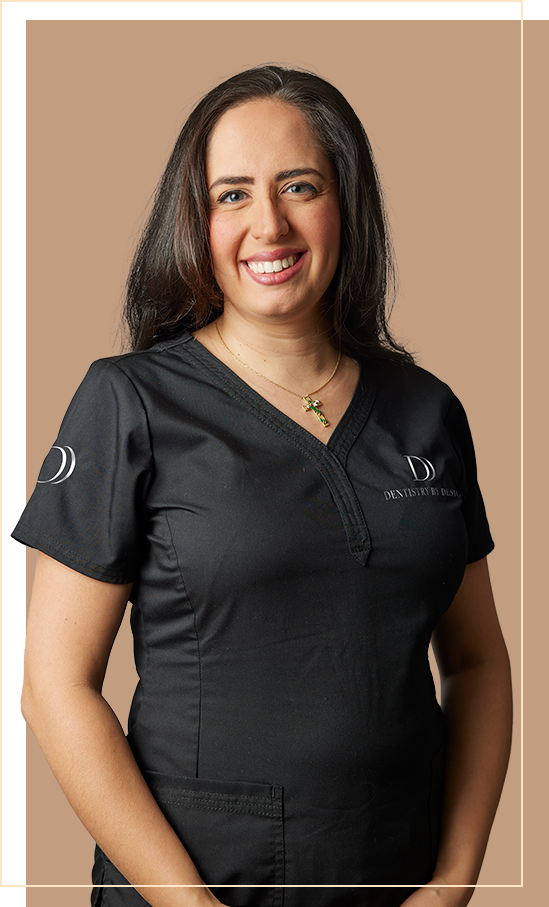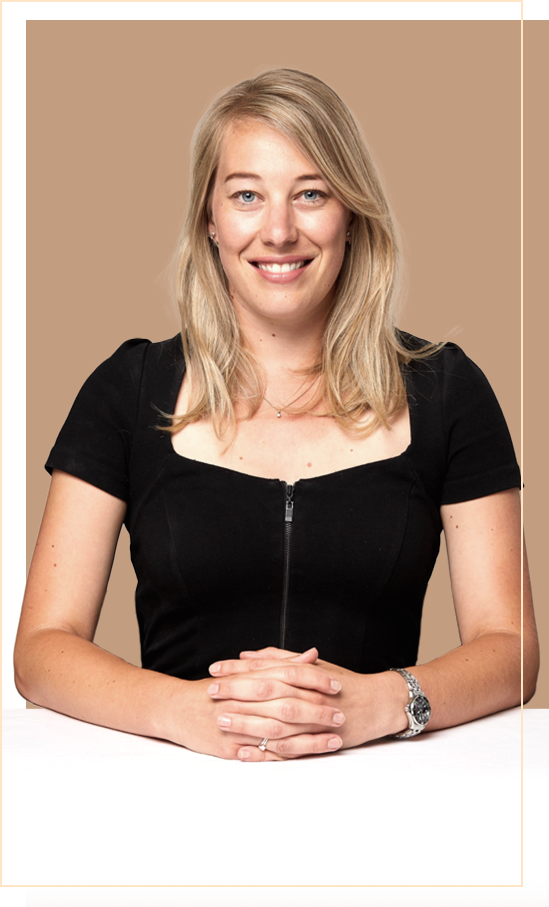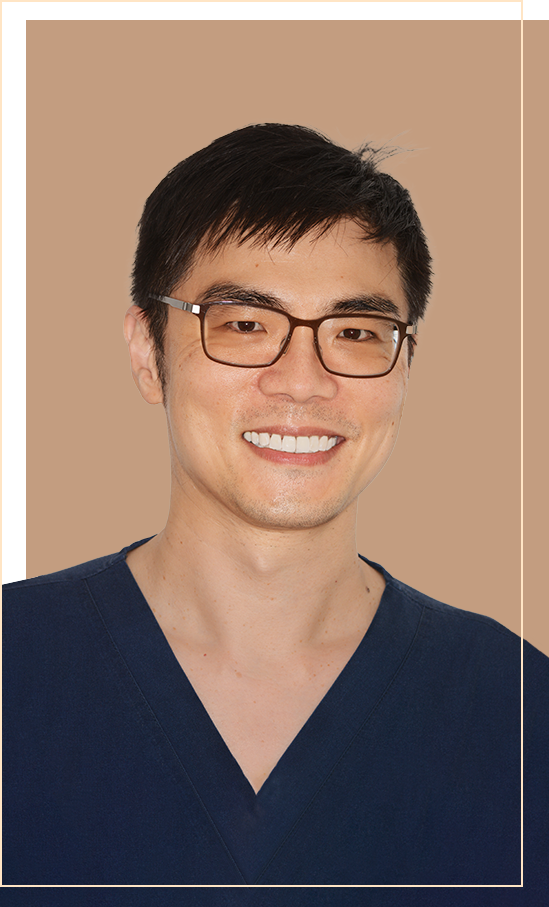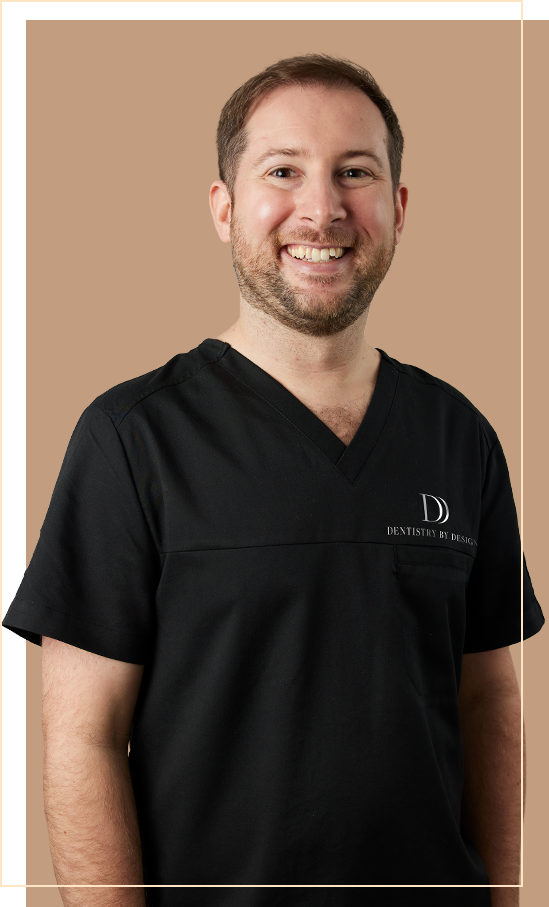FREQUENTLY
ASKED QUESTIONS
No search results were found...
Veneers
-
What are veneers?
Porcelain veneers are thin, tooth-coloured porcelain (ceramic) shells carefully crafted to bond to and cover the front of teeth. Similar to a false fingernail, the veneer can cover dark or yellow teeth, fill gaps, lengthen short or stubby teeth or straighten a crooked smile.
A veneer creates a life-like tooth appearance and its translucency as it mimics the light absorption of your natural teeth enamel. Veneers are a more conservative treatment than a crown and are often used if the underlying tooth is strong and healthy.
Do you have any more questions? We're here to help. Contact us.
-
How long do veneers usually last?
Veneers generally last between 10 to 15 years if looked after properly – regular dental check-ups, flossing and brushing, wearing a night guard if known to grind teeth.
Do you have any more questions? We're here to help. Contact us.
-
What are the benefits of dental veneers?
Veneers offer a conservative approach to changing a tooth’s colour and shape and they generally don’t require the extensive shaping prior to the procedure that crowns do, yet offer a stronger, more aesthetic alternative.
- They provide a natural tooth appearance.
- Gum tissue tolerates porcelain well.
- Porcelain veneers are stain resistant.
- The colour of a porcelain veneer can be selected so it makes dark teeth appear whiter.
Do you have any more questions? We're here to help. Contact us.
-
What are the disadvantages of dental veneers?
Because enamel has been removed, your tooth may become more sensitive to hot and cold foods and beverages.
Though not likely, veneers can dislodge and fall off. To minimise the chance of this occurring, do not bite your nails, chew on pencils, ice, or other hard objects, or put excessive pressure on your teeth.
Veneers are not a good choice for people with unhealthy teeth (decay or active gum disease), weakened teeth (as a result of decay, fracture, large fillings), or for those who do not have enough enamel on the tooth surface.
People who clench and grind their teeth are poor candidates for porcelain veneers, as these activities can cause veneers to crack or chip.
Do you have any more questions? We're here to help. Contact us.
Crowns/Bridges
-
How do crowns work?
A crown can be used to improve its appearance, shape or alignment. A crown can also be placed on top of an implant to provide a tooth-like shape and structure for function. Porcelain or ceramic crowns can be matched to the colour of your teeth. Other materials include gold and metal alloys, acrylic, and ceramic.
Your dentist may recommend a crown to:- Replace a large filling when there isn't enough tooth remaining.
- Protect a weak tooth from fracturing.
- Restore a fractured tooth.
- Attach a bridge.
- Cover a dental implant.
- Cover a discoloured or poorly shaped tooth.
- Cover a tooth that has had root canal treatment.
Do you have any more questions? We're here to help. Contact us.
-
How do bridges works?
A bridge may be recommended if you’re missing one or more teeth. Gaps left by missing teeth eventually cause the remaining teeth to rotate or shift into the empty spaces, resulting in a bad bite. The imbalance caused by missing teeth can also lead to gum disease and temporomandibular joint (TMJ) disorders. Bridges are commonly used to replace one or more missing teeth. They span the space where the teeth are missing. Bridges are cemented to the natural teeth or implants surrounding the empty space.
Do you have any more questions? We're here to help. Contact us.
-
How long do crowns and bridges last?
While crowns and bridges can last a lifetime, they do sometimes loosen or fall out. The most important step you can take to ensure the longevity of your crown or bridge is to practise good oral hygiene. A bridge can lose its support if the teeth or bone holding it in place are damaged by dental disease. Keep your gums and teeth healthy by brushing with fluoride toothpaste twice a day and flossing daily. See your dentist and hygienist regularly for check-ups and professional cleaning.
Do you have any more questions? We're here to help. Contact us.
Root canal therapy
-
Why would I need to get a root canal?
Dental pulp is the soft tissue inside the canal that runs through the root of your tooth. It consists mainly of blood vessels, tissue fibres and some nerve fibres. Its main function is to regulate the growth and development of teeth. Once the tooth is fully formed, nutrition for the tooth comes from tissues surrounding the root.
The most common cause of pulp damage is deep tooth decay. The pulp may become inflamed or infected, with products of infection spreading through the tip of the root into the surrounding bone, often forming an abscess that causes pain and swelling. Other causes of pulp damage include traumatic blows to teeth, loose fillings, excessive wear and tear of teeth, cracked teeth and gum disease.
Do you have any more questions? We're here to help. Contact us.
-
Does root canal treatment hurt?
Root canal treatment is a comfortable procedure that involves little or no pain as the tooth is anaesthetised. However, sometimes you may have discomfort after an appointment due to inflammation in the tissues surrounding the tooth. This may take a few days to settle and sometimes a mild analgesic may be required.
Do you have any more questions? We're here to help. Contact us.
-
Should I just have the tooth taken out?
There are many disadvantages to losing a tooth. When a tooth is removed and not replaced, the teeth next to the space may move. This may cause teeth to become crooked or crowded, which decreases chewing and biting efficiency. Crowded or crooked teeth may also be more prone to dental disease as they are harder to clean than aligned teeth. As a result, other teeth may be lost if the missing tooth is not replaced.
Root canal treatment can safely and comfortably save a tooth that otherwise would have to be removed. In fact, root canal therapy is successful around 95% of the time.
Do you have any more questions? We're here to help. Contact us.
Teeth whitening
-
What is teeth whitening?
Teeth whitening is among the most popular cosmetic dental procedure because it can greatly improve your teeth’s appearance. Tooth whitening lightens teeth and helps to remove stains and discolouration. The whitening agent works by penetrating the tooth enamel and creating a chemical oxidation reaction that breaks the stains apart.
For whitening at home, trays are made to hold the whitening gel that fit your teeth precisely. Home whitening gel usually needs to be applied daily for two to three weeks.
Do you have any more questions? We're here to help. Contact us.
-
How long does teeth whitening last?
The results of teeth whitening depend on your genetics and habits. Whitening is not a one-time procedure; it has to be repeated from time to time to maintain the colour. Touch-ups are generally done at least once per year.
Other dental problems can affect the success of tooth whitening. For example, cavities need to be treated before teeth are whitened. That’s because the whitening solution can pass through decayed areas and reach the inner parts of the tooth. If your gums have receded, the exposed roots of your teeth may appear yellow or discoloured. Whitening products will not make them whiter.
Do you have any more questions? We're here to help. Contact us.
-
What causes my teeth to discolour?
Teeth discolouration and staining is a relatively common problem. Teeth are porous and therefore not stain resistant. Red wine, cigarettes, softdrinks, curries, tea and coffee, among other food and drinks, contribute to the discolouration of your teeth. Medications such as tetracycline may cause significant staining, resulting in yellow, greyish teeth. Teeth can become permanently stained if the discoloration is not treated. Brushing alone can’t brighten teeth dulled by years of exposure to discolouring agents.
Do you have any more questions? We're here to help. Contact us.
-
Risks
If you have tooth decay or receding gums, whitening may make your teeth sensitive. Whitening does not work on ceramic or porcelain crowns or veneers. Whitening is unlikely to cause serious side effects, although some people’s teeth may become more sensitive for a short while. You may get mild gum irritation. Women should not have their teeth whitened while pregnant. While the effect of the whitening materials on the development of the foetus is not known, as the procedure is cosmetic, it should be postponed until after delivery.
Do you have any more questions? We're here to help. Contact us.
-
Zoom!TM
Zoom!TM may not be suitable for everyone. This includes people who are sensitive to light, such as those undergoing PUVA therapy or other photochemotherapy, patients with melanoma, patients taking light-sensitive drugs, or patients with strong gag reflex or anxiety. Please consult us if you have any concerns.
Do you have any more questions? We're here to help. Contact us.
Oral hygiene
-
What are the benefits of regular dental check-ups and hygiene appointments?
Regular dental visits are important because they help keep your teeth and gums healthy. You should have a regular dental visit at least every six months. During the check-up, the dentist will check for cavities and abnormalities. The hygienist will check for plaque or tartar. Plaque is a clear, sticky layer of bacteria. If it is not removed, it can harden and become tartar. You cannot remove tartar with brushing and flossing. If plaque and tartar build up on your teeth, they can cause oral diseases.
Brushing and flossing help clean plaque from your teeth, but you can’t remove tartar. During the cleaning, your dental professional will use special tools to remove tartar. This is called scaling.
Do you have any more questions? We're here to help. Contact us.
-
What is periodontal disease?
Almost half of Australian adults have some form of periodontal disease. However, the majority of them do not realise they have it. Periodontal disease (gum disease) is a bacterial infection of the gums, bones and periodontal ligament (attachment fibres that support the teeth and hold them in the jaw). Periodontal disease is usually painless and silent, until its advanced stages. If left untreated, symptoms can include:
- Persistent bad breath.
- Gums that bleed when you brush your teeth.
- Red, swollen and tender gums.
- Gums that have pulled away from the teeth.
- Loose or separating teeth.
- Pus between the gum and tooth.
- A change in the way your teeth fit together when you bite.
Our practice is specially set up to treat and prevent symptoms of periodontal disease.
Do you have any more questions? We're here to help. Contact us.
Sleep dentistry
-
Will I really be totally relaxed with sleep dentistry?
Your sedation doctor will administer just enough sedation for you to be completely unaware of the treatment – as if you were asleep.
Do you have any more questions? We're here to help. Contact us.
-
Will I feel any pain during dental treatment?
Most patients experience no discomfort whatsoever during treatment and feel well afterwards.
Do you have any more questions? We're here to help. Contact us.
-
Is sleep dentistry safe for me?
Oral sleep dentistry protocols have been used safely for 30 years. Our sedation doctor will review your medical history and monitor you closely while under sedation.
Do you have any more questions? We're here to help. Contact us.




